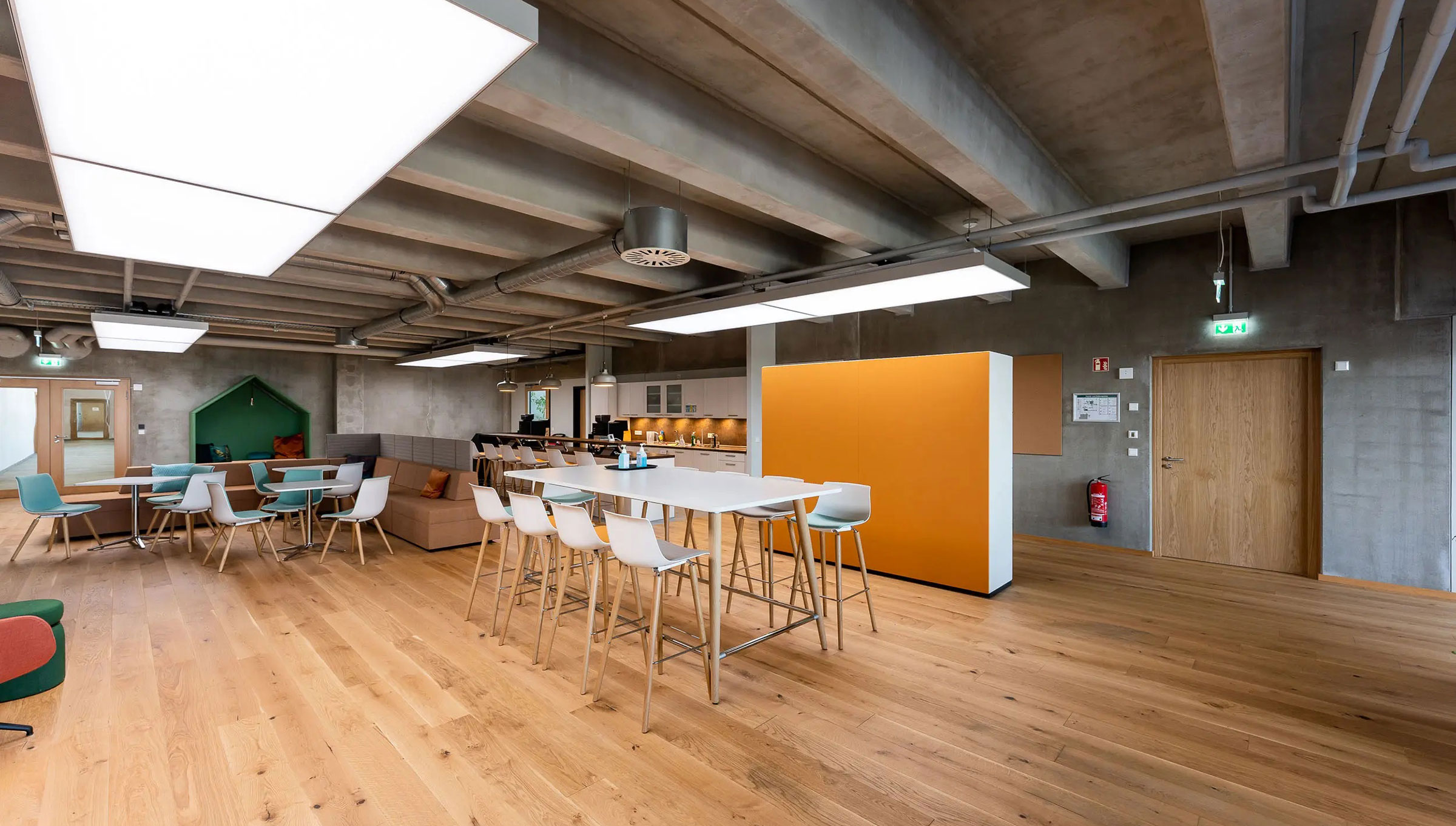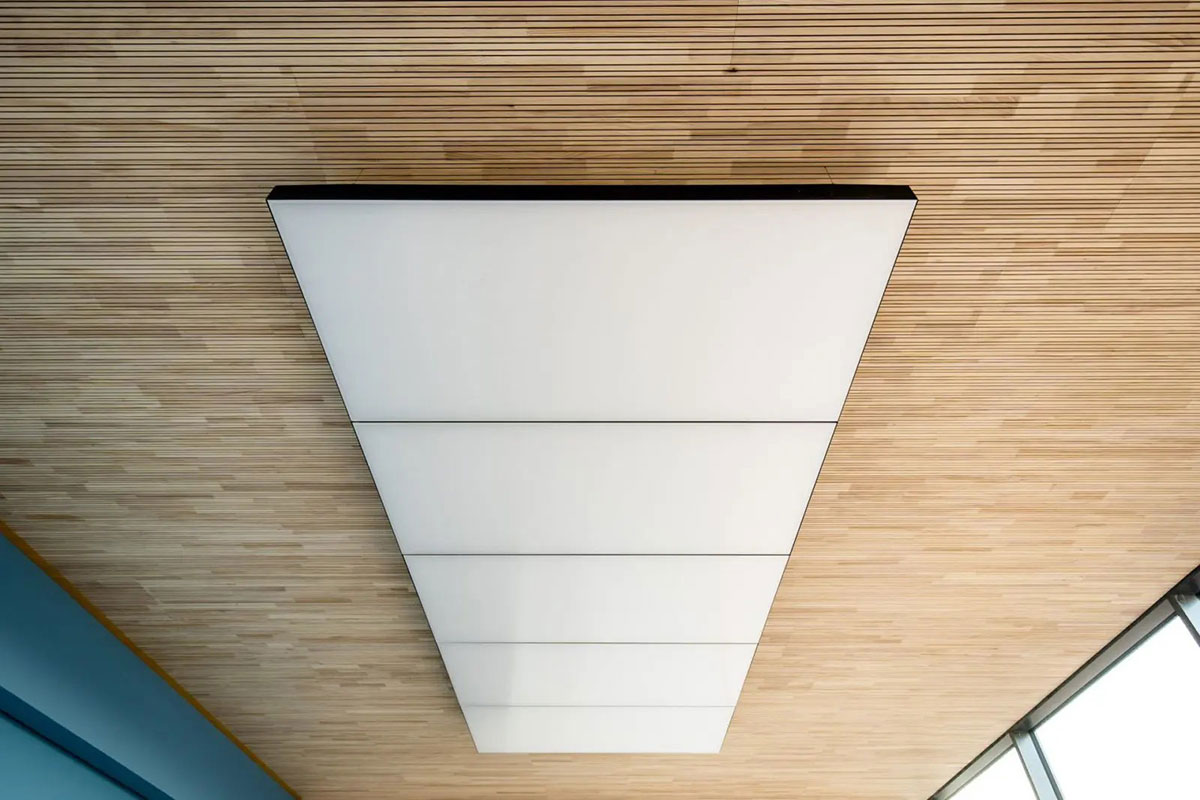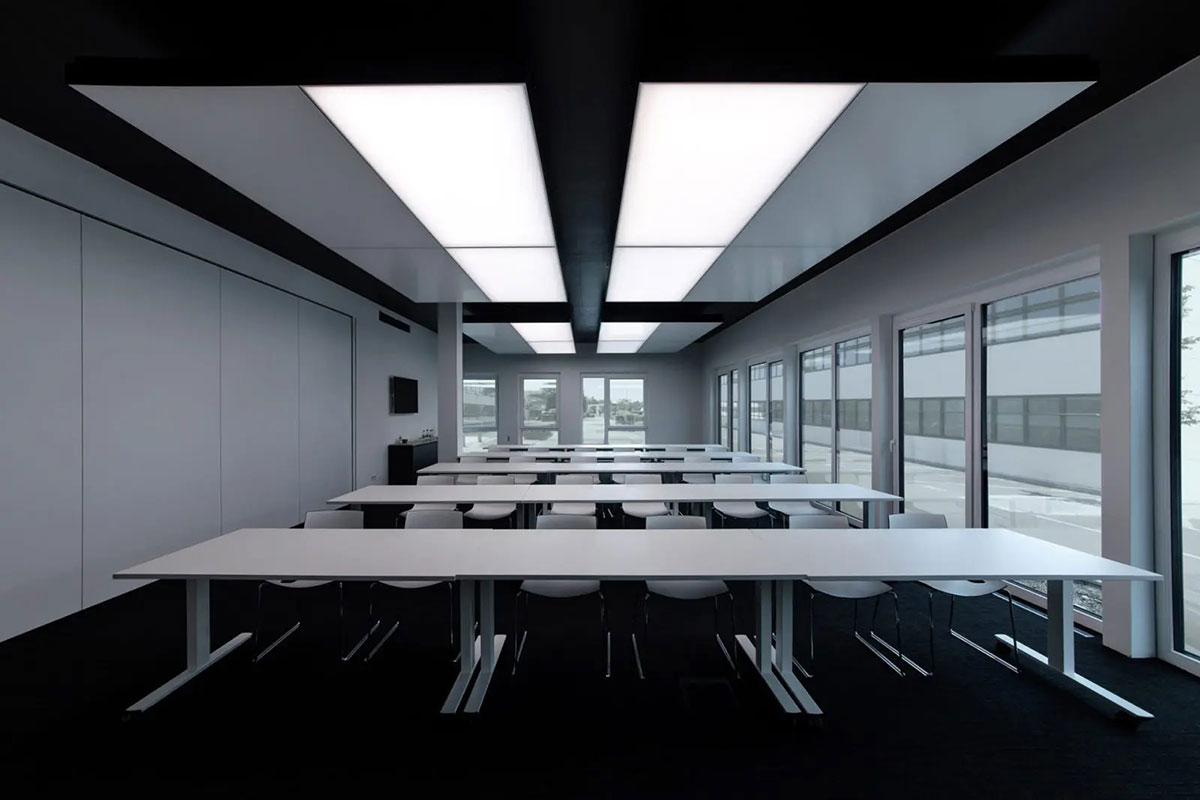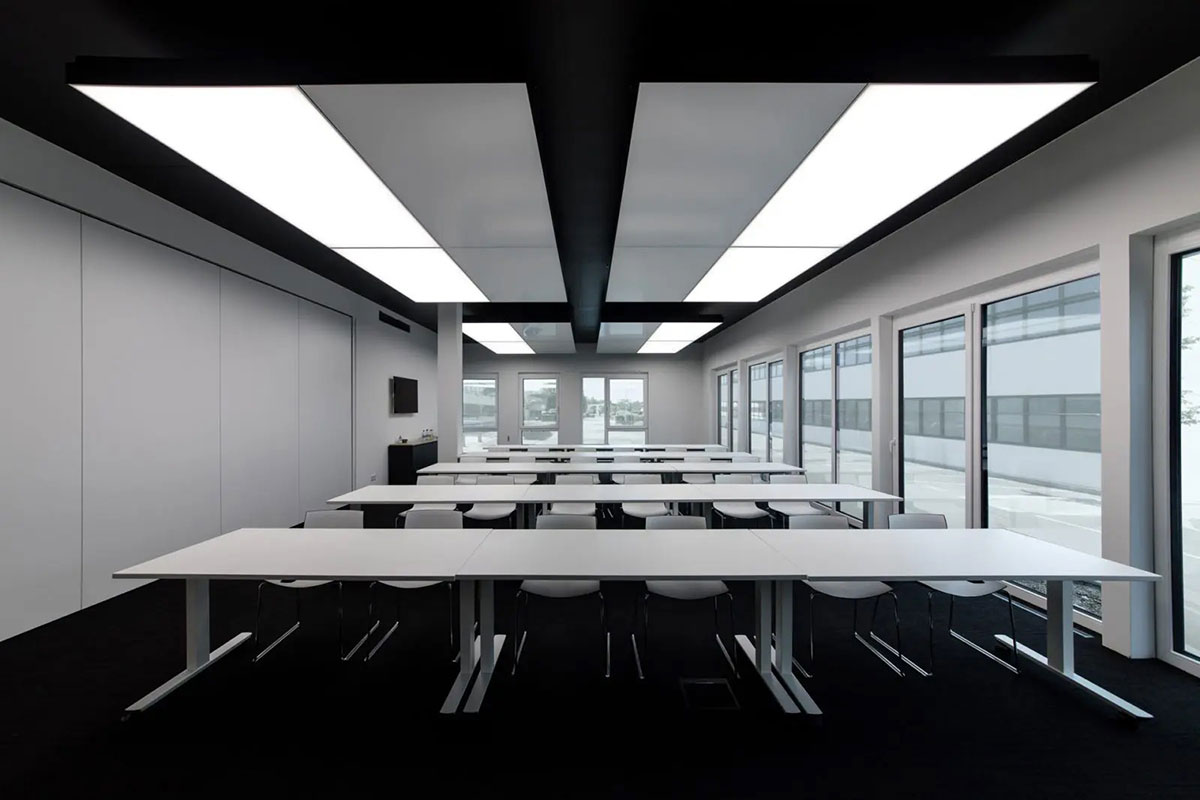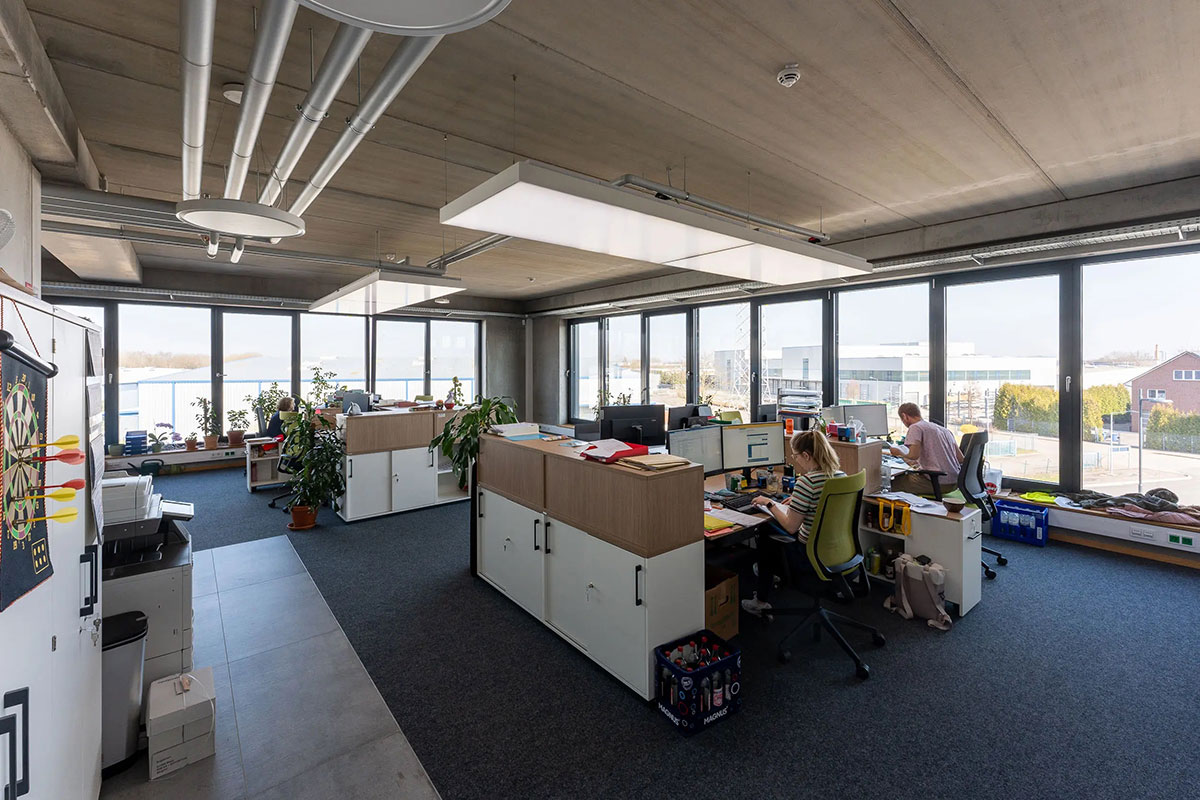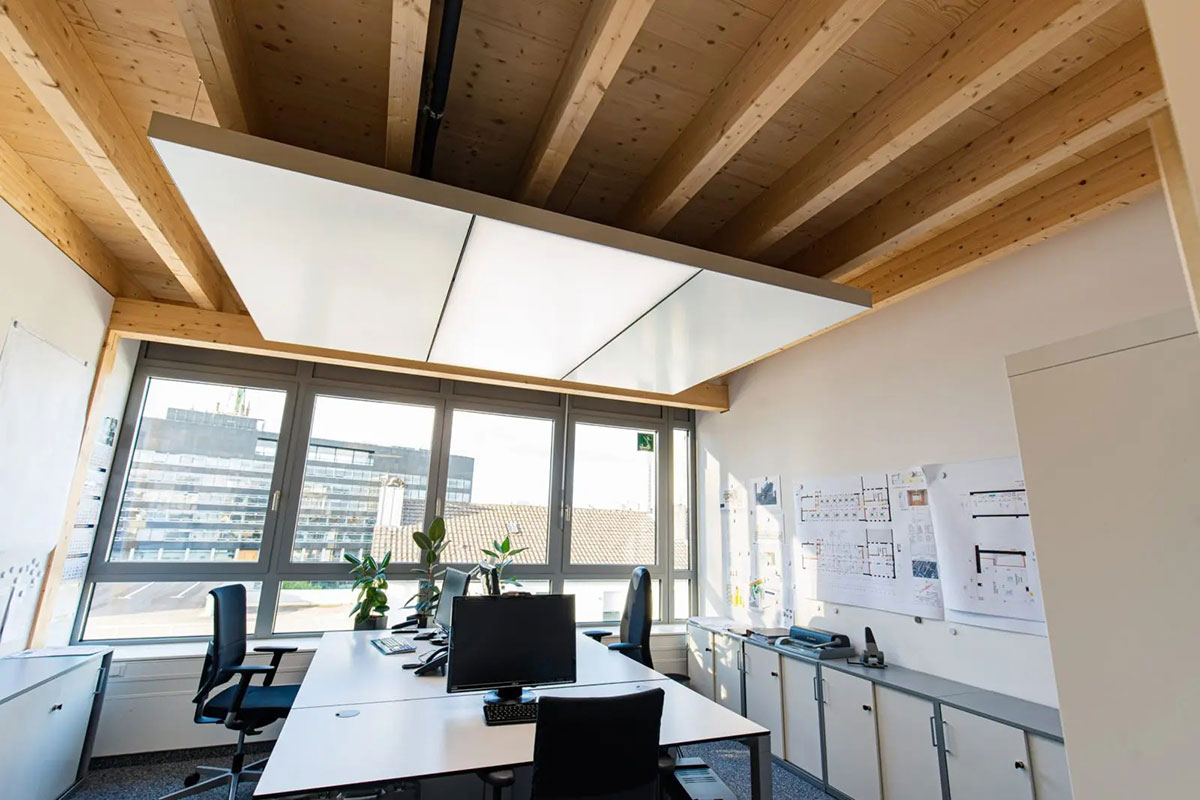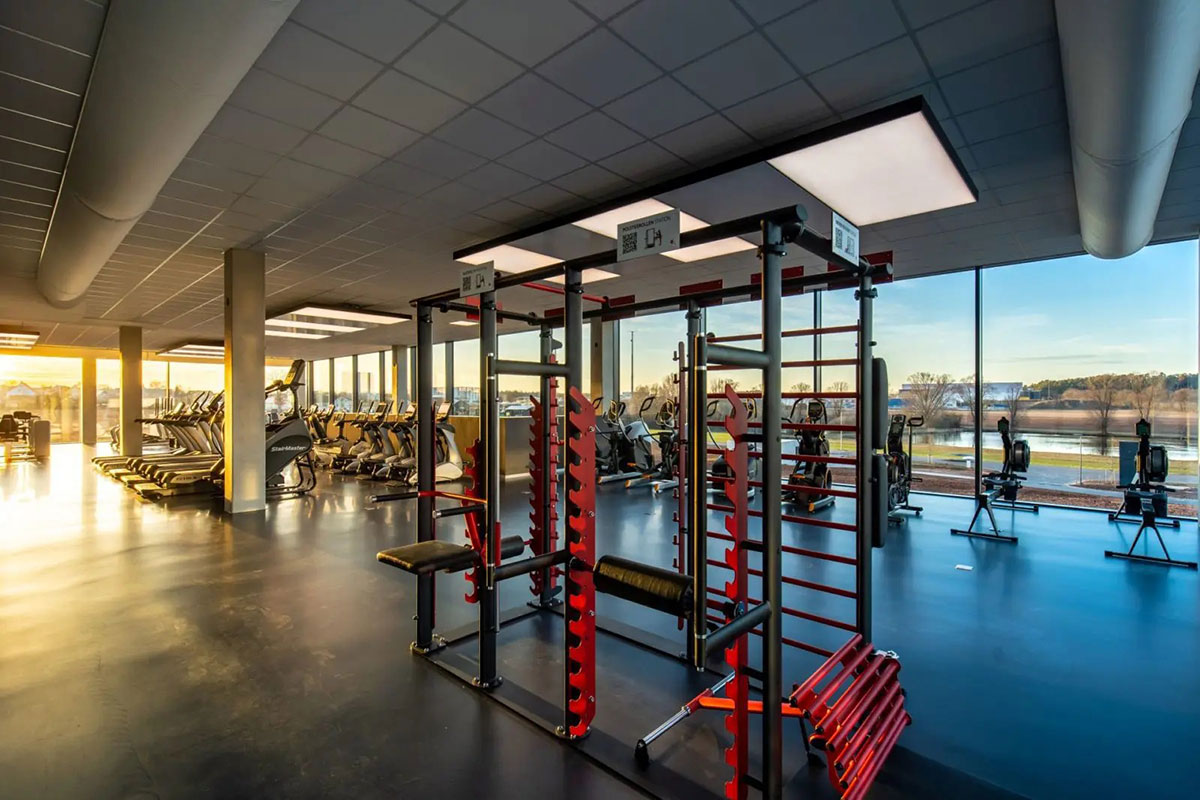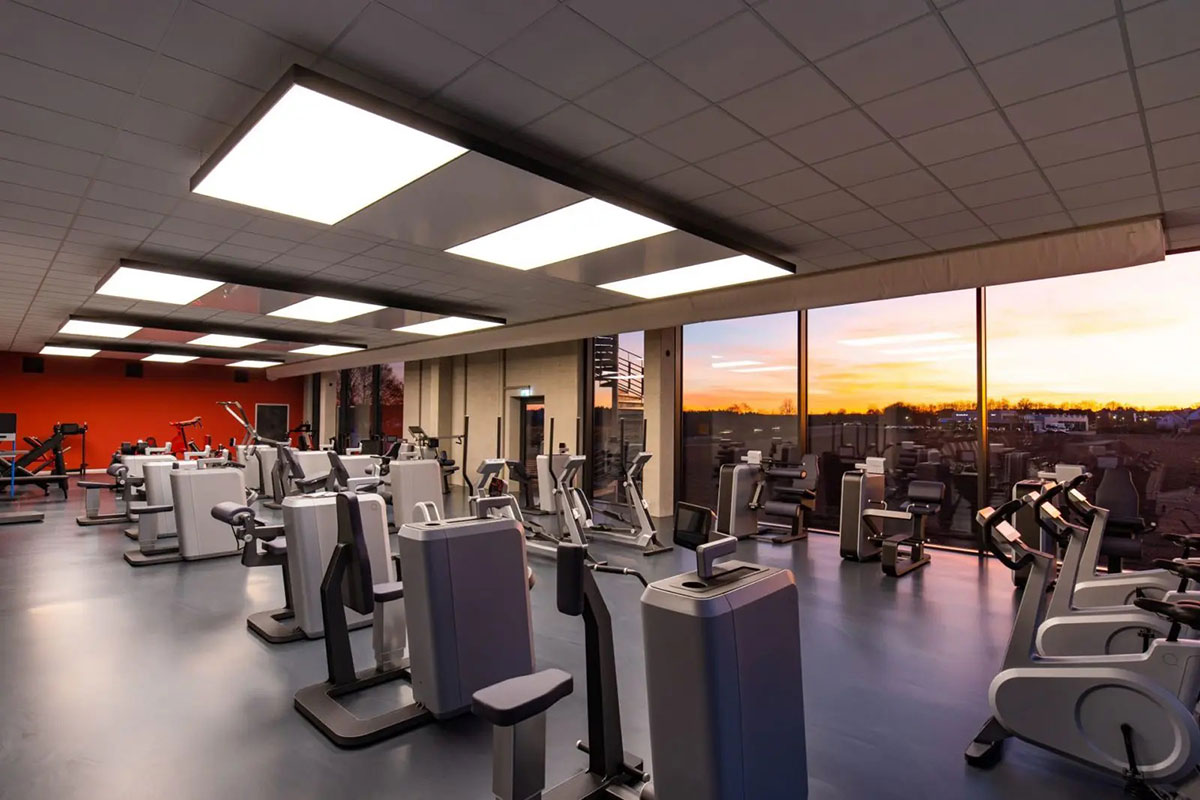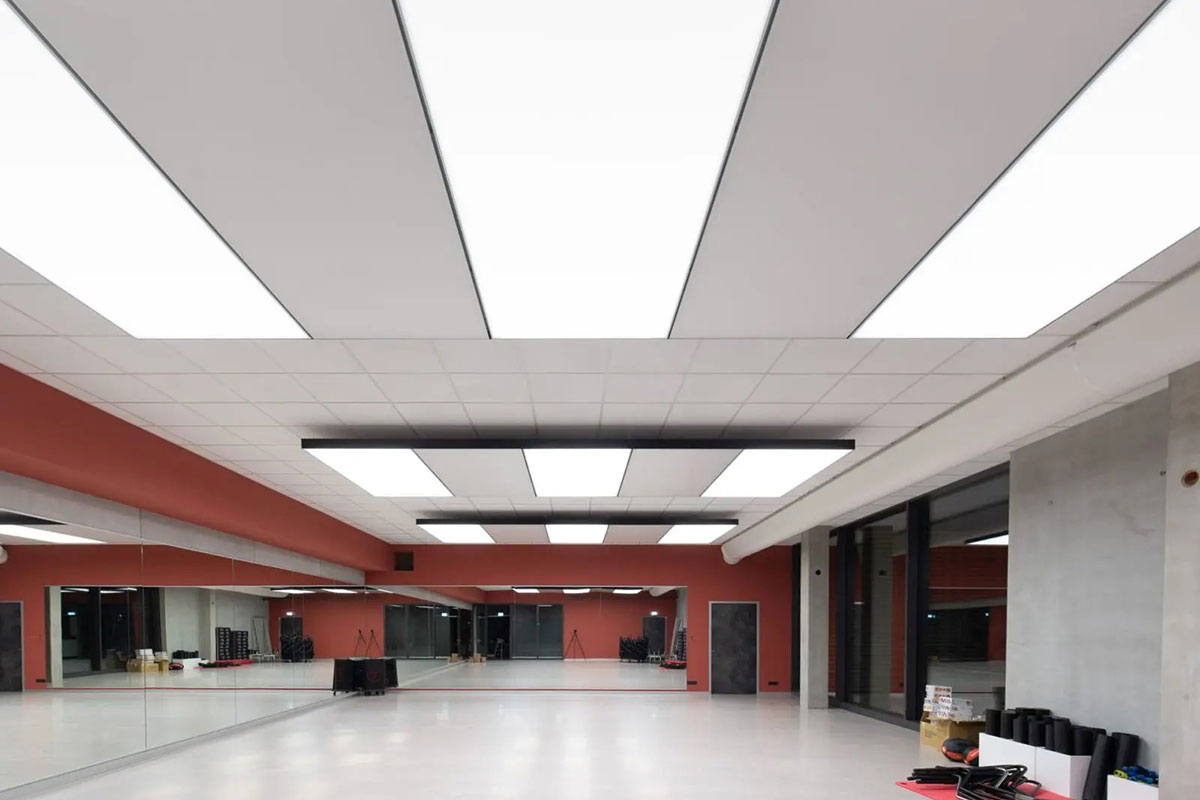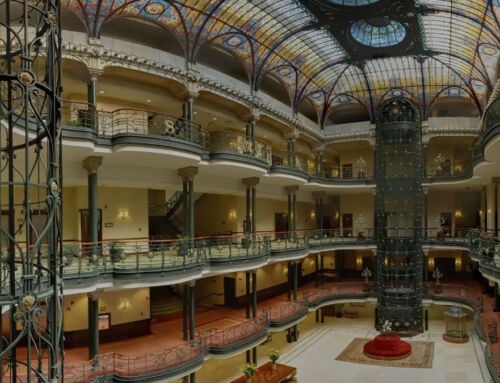In the leisure and tourism sector, air conditioning is an indispensable factor in ensuring the comfort of guests and visitors, and therefore in promoting their presence in the businesses that make up the sector. However, air-conditioning systems are responsible for considerable energy consumption, they produce equivalent amounts of CO2 and, in addition, in an electricity market with rising prices, they take considerable financial resources away from the operating results. Given the urgency to reduce CO2 emissions and the need to keep the operating costs of leisure and tourism facilities under control, new alternatives for air conditioning are emerging.
One such alternative is proposed by a young German company: Interpanel. According to Alexander Buff, managing director and energy efficiency expert, he told the design magazine Frame, “Commercial property is now almost only realized with air conditioning or a form of cooling technology today “. Moreover, he insists, “workspaces with a healthy room climate have become a competitive advantage“. Interpanel’s solution to these issues, however, is a new system of panels or “climate ceilings” that combine the functions of lighting, acoustic absorption, infrared heat and surface cooling.
The operation of Interpanel’s prefabricated radiant climate panels is based on the pumping of water through a hydraulic network inside the panels. When the air conditioning needs are for cooling, the system pumps cold water into the network, so that the surface of the panel absorbs the heat emitted by the people and surfaces of the room, without noise or draughts. If it is necessary to heat the room, by the same principle of exchange, the hot water circulating through the panel emits radiation in the form of heat. At the same time, the panels incorporate HCL lighting (Human Centred Lighting), which adjusts to circadian rhythms and mimics natural light. Their design and manufacture ensure high acoustic absorption. In addition, the panels can be incorporated into existing or new buildings.
To address the issue of the so-called “dew point” (the temperature at which water vapour in the air begins to condense), Interpanel has patented a membrane that protects the cold surface inside the panel from humid ambient air, while still allowing heat radiation to pass through. This membrane prevents condensation on the surface of the panels, which makes them independent of the dew point. At the same time, it allows operation at high humidity levels and/or with open windows. The system promises energy savings of up to 60% compared to conventional air conditioners..


